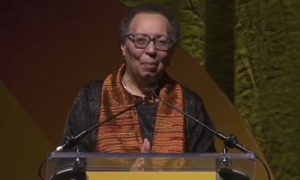Author(s): The American Institutes for Research (AIR)
Published: Feb. 18, 2020
Report Intro/Brief:
“The high school years are a pivotal stage for students to prepare to succeed in college and careers. Most jobs today require a postsecondary degree—and most students want to go to college. There are substantial challenges, however, in reaching the goal of college and career readiness for all students, particularly for students from low-income families and students of color. Early College High Schools, also known as Early Colleges, could help policymakers and educators surmount these critical challenges.
In recent years, the American Institutes for Research (AIR) has conducted a rigorous impact evaluation (2013, 2014) and a follow-up study (2019), as well as a cost-benefit analysis (2019) of Early Colleges. This brief summarizes key findings from this work and indicates implications and recommendations for federal and state policymakers.
Originally created as part of the Early College High School Initiative spearheaded by the Bill & Melinda Gates Foundation, Early Colleges are committed to serving students traditionally underrepresented in higher education. As a type of dual enrollment program, Early Colleges offer all their students the opportunity to earn an associate’s degree or up to two years of college credits toward a bachelor’s degree in high school—at no or low cost to the students. Early Colleges also provide support to students as they plan for their college education, helping them select college courses, transfer to a 4-year college, and identify sources of financial aid.”
>>> CLICK HERE to see all of Youth Today’s REPORT LIBRARY































